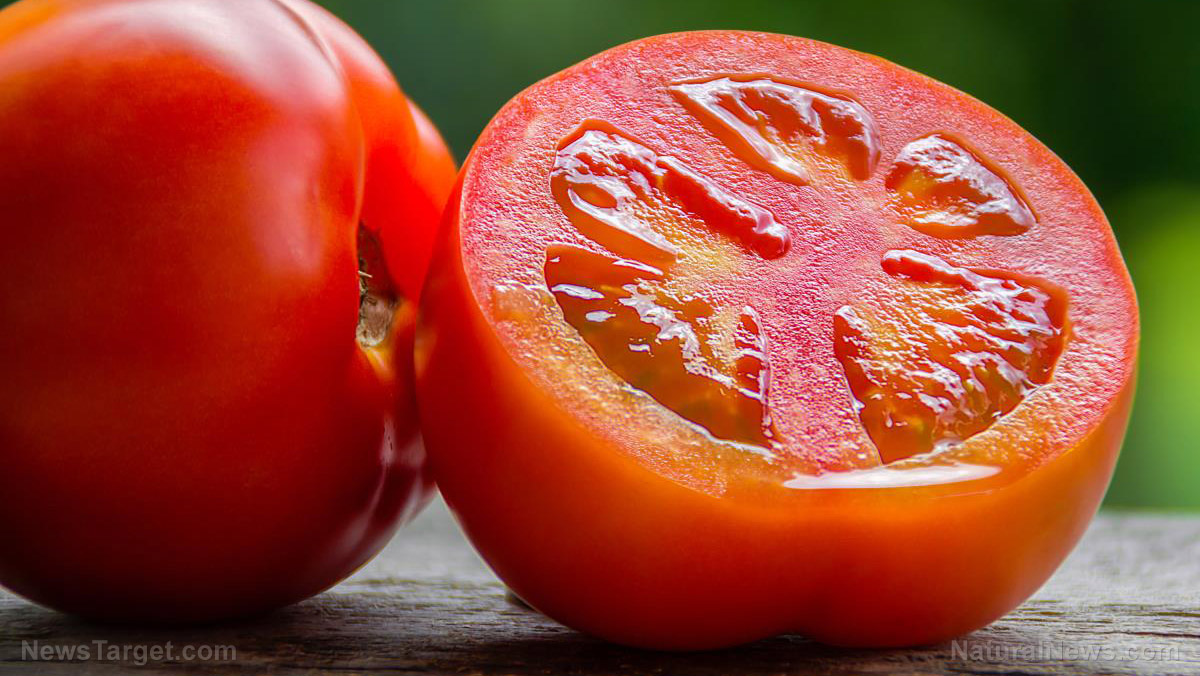Extra virgin olive oil found to reverse many of the effects of a high-fat diet
07/21/2018 / By Vicki Batts

Could olive oil be the ticket to reversing years of damage caused by a “conventional” Western diet? New research has shown that the beloved oil can help fight against some of the most harmful effects of a diet that’s high in bad fats and added sugars. It’s not a secret that the stereotypical “American” diet causes a host of diseases and conditions, like obesity, diabetes and heart disease. Insulin resistance and non-alcoholic fatty liver disease are two increasingly common side effects of the nutritionally bereft diet so common here in the U.S. and elsewhere.
Olive oil is a staple in many cuisines for its delightful flavor, and with so many health benefits, it is really an essential for every kitchen. Not all olive oil is created equally, however, and that’s important to keep in mind when selecting an oil.
Can olive oil help reverse the damage caused by bad habits?
Scientists from the University of Chile recently published promising research in the journal Lipids in Health and Disease that indicated olive oil as a potential mediator against two lethal consequences of a poor diet: Non-alcoholic fatty liver disease and insulin resistance. The team discovered a polyphenol in olive oil, hydroxytyrosol, which actually helped to reverse both conditions in animal models. It seems olive oil is essential for good health.
Study leader, Dr. Rodrigo Valenzuela, commented on the findings, “Our results indicate that hydroxytyrosol may be a key part of the health benefits of extra virgin olive oil.”
“We have demonstrated that this compound may offer protection against oxidative stress and detrimental fatty acid composition in the liver, heart and brain caused by a high-fat diet,” he continued. In their studies, hydroxytyrosol supplements greatly reduced the negative health impacts of a high-fat diet in mice.
Past research has also shown that olive consumption can help to balance cholesterol levels and reduce blood sugar levels. Scientists from Sapienza University in Rome studied post-meal blood sugar levels in 25 people on two occasions. In the first meal, 10 grams of olive oil was added and in the second meal, 10 grams of corn oil was given instead. The team found that post-prandial glucose levels were much lower after olive oil consumption as compared to the corn oil.
Francesco Violo, the study’s lead author, commented, “Lowering blood glucose and cholesterol may be useful to reduce the negative effects of glucose and cholesterol on the cardiovascular system.”
But not all olive oil is created equally — in fact, much of the “olive oil” you see on store shelves isn’t really olive oil at all.
Buying olive oil is risky business
There’s no doubt that real olive oil is great — but real is the operative word here. Up to 70 percent of the olive oil you find in grocery stores is adulterated in one way or another. Improper storage, tampering and fraud plague the olive oil industry, especially Italian imports. Guy Campanile, an Italian-American, has documented the olive oil hoax extensively. One of the most common olive oil tricks, he reports, is to mix Italian olive oil with cheaper, inferior oils.
Overall though, most “olive oils” are not what they proclaim to be, no matter where they come from. Reading labels is very important when you buy oil. Researchers from the Olive Center and University of California-Davis worked in collaboration with the Australian Oils Research Laboratory to analyze 186 olive oil samples. Oils were judged by the standards put together by the International Olive Council (IOC). The researchers also used two IOC sensory panels to analyze the olive oils.
They found that 73 percent of the oils in their study failed IOC sensory standards, including many popular grocery store brands. Looking for government seals can help ensure your olive oil is legitimate, however — and you can always do a “fridge check.” Real olive oil should start to solidify when chilled. Learn more about what you’re eating at Food.news.
Sources for this article include:
Tagged Under: American diet, Diets, Diseases, Good fats, grocery, healthy eating, healthy food, high-fat diet, ingredients, natural remedies, nutrition, olive oil, prevent disease, prevention




















